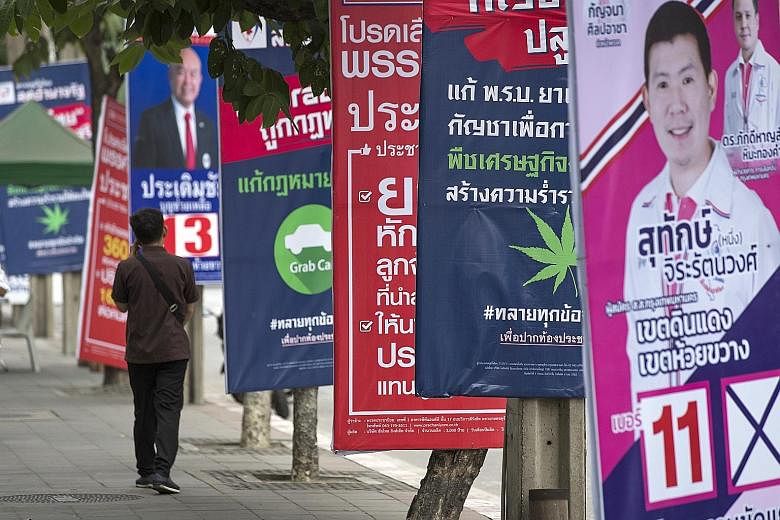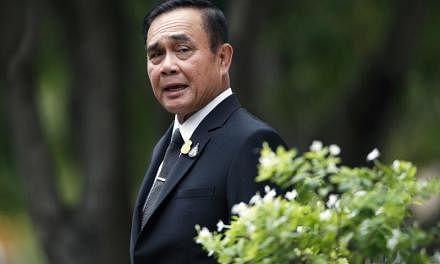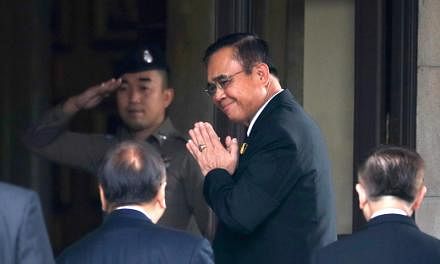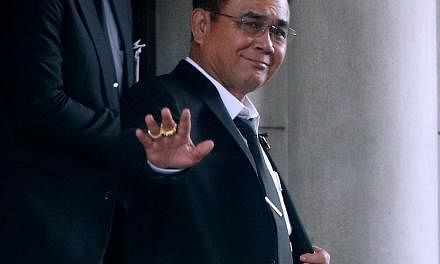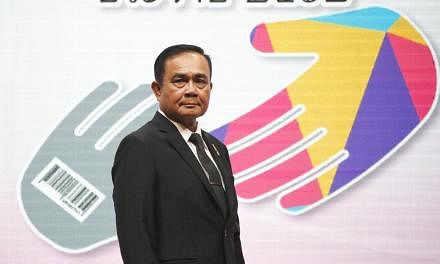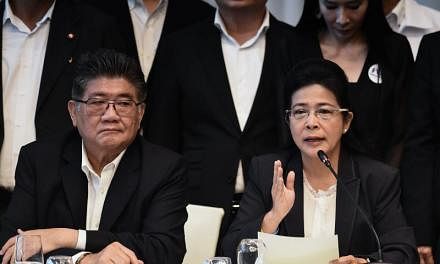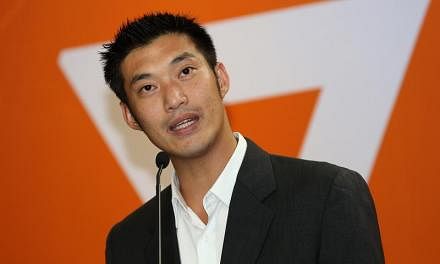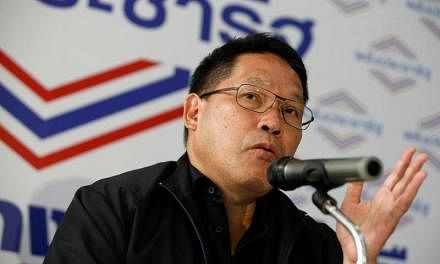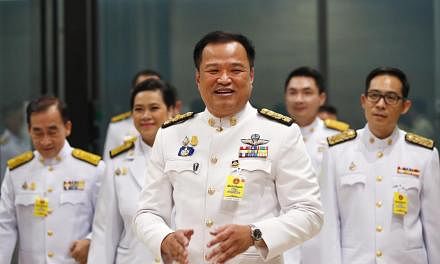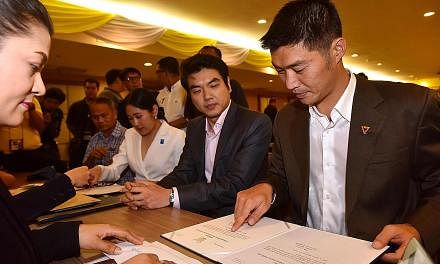BANGKOK • Allies of Thailand's exiled former leader Thaksin Shinawatra are seeking to woo voters with a plan to revive economic growth after a failed bid to run King Maha Vajiralongkorn's sister as a prime minister candidate in next month's election.
Mr Kittiratt Na Ranong, a former finance minister and deputy leader of Pheu Thai - one of several parties backed by Thaksin along with Thai Raksa Chart Party - said his colleagues are "going forward in full gear" ahead of the March 24 vote.
He distanced the group from Thai Raksa Chart, which is under fire after the King opposed its move to have Princess Ubolratana Rajakanya stand as leader.
"No matter what happens to other parties, our goal is to win this election for a chance to form the government that can solve these problems," Mr Kittiratt said in an interview on Monday, citing a growing wealth disparity, falling crop prices and fiscal mismanagement.
"People across Thailand have been feeling the effect of a bad economy," he added. "We need a total economic overhaul to take the economy out of the critical stage it's in."
Thaksin's camp is seeking to rally poorer voters who have helped his allies win every election in Thailand since 2001, drawn by policies such as cheap healthcare and crop price support.
Still, they face an uphill battle to take power after the junta that ousted Thaksin's sister, Yingluck Shinawatra, in 2014 changed the Constitution to include a military-appointed Senate that also gets a vote in picking the prime minister.
Thaksin's alliance with the Princess appeared aimed at putting up a leader who could take votes in the Senate away from junta chief Prayut Chan-o-cha, the coup leader and prime ministerial candidate of Palang Pracharath, who is seeking to stay on as PM after the election.
But the move seemed to backfire: The King rejected her candidacy and Thaksin's opponents became energised.
"This reflects the very same political divide that has been in Thailand over the past decade," said Dr Titipol Phakdeewanich, political science professor at Ubon Ratchathani University in north-eastern Thailand. "It's the anti-Thaksin versus pro-Thaksin - the reactions that we see from the people this week show that the divide is alive and well."
Mr Prayut's administration has prioritised economic stability and sought to attract investment from overseas, most notably with a 1.7 trillion baht (S$73.6 billion) development plan for the eastern seaboard.
It also set goals of expanding infrastructure investment and upgrading workforce skills, and moved up the World Bank's Doing Business rankings by cutting red tape.
Yet while economic expansion has climbed since the coup, growth still trails neighbours in South-east Asia. Foreign direct investment as a proportion of the economy is lower than before the military takeover.
BLOOMBERG
